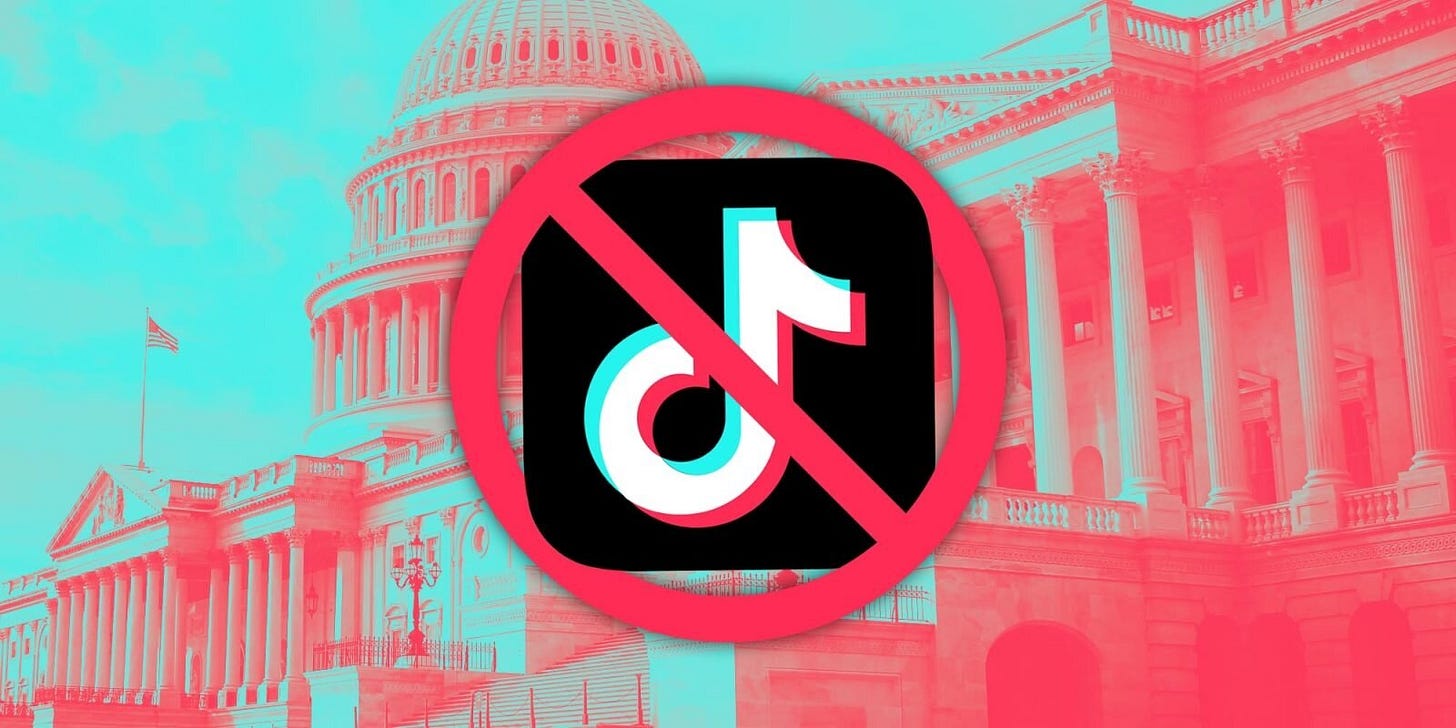Tik Tok Ban & Drake Lawsuit
Weekly News Updates.
On January 19, 2025, the landscape of social media in the United States underwent a seismic shift as TikTok was taken offline following a Supreme Court decision upholding the ban. Here's an updated look at the situation:
The Supreme Court's Decision
The U.S. Supreme Court upheld a law that effectively bans TikTok in the United States unless its ties to By…
Keep reading with a 7-day free trial
Subscribe to 365 O.T.G Newsletter to keep reading this post and get 7 days of free access to the full post archives.


